9 GPTs for Gene Analysis Powered by AI for Free of 2025
AI GPTs for Gene Analysis are advanced computational tools that leverage Generative Pre-trained Transformers to facilitate and innovate in the field of genetic research and analysis. These AI models are specifically designed to understand, interpret, and analyze genetic data, providing tailored solutions for tasks ranging from sequence analysis to gene expression profiling. By harnessing the power of GPTs, these tools offer unparalleled insights into complex biological data, making them invaluable for advancing our understanding of genetics and its applications in medicine, agriculture, and beyond.
Top 9 GPTs for Gene Analysis are: Single Cell Explorer,Gene2Tox Explorer,GeneFunctions,유전질환,RiboRanger,Gene Variant Analyst,🧬Genome Explorer Bot🔬,Geneticist,DESeq2 consultation
Single Cell Explorer
Unravel Complex Biology with AI-Powered Analytics
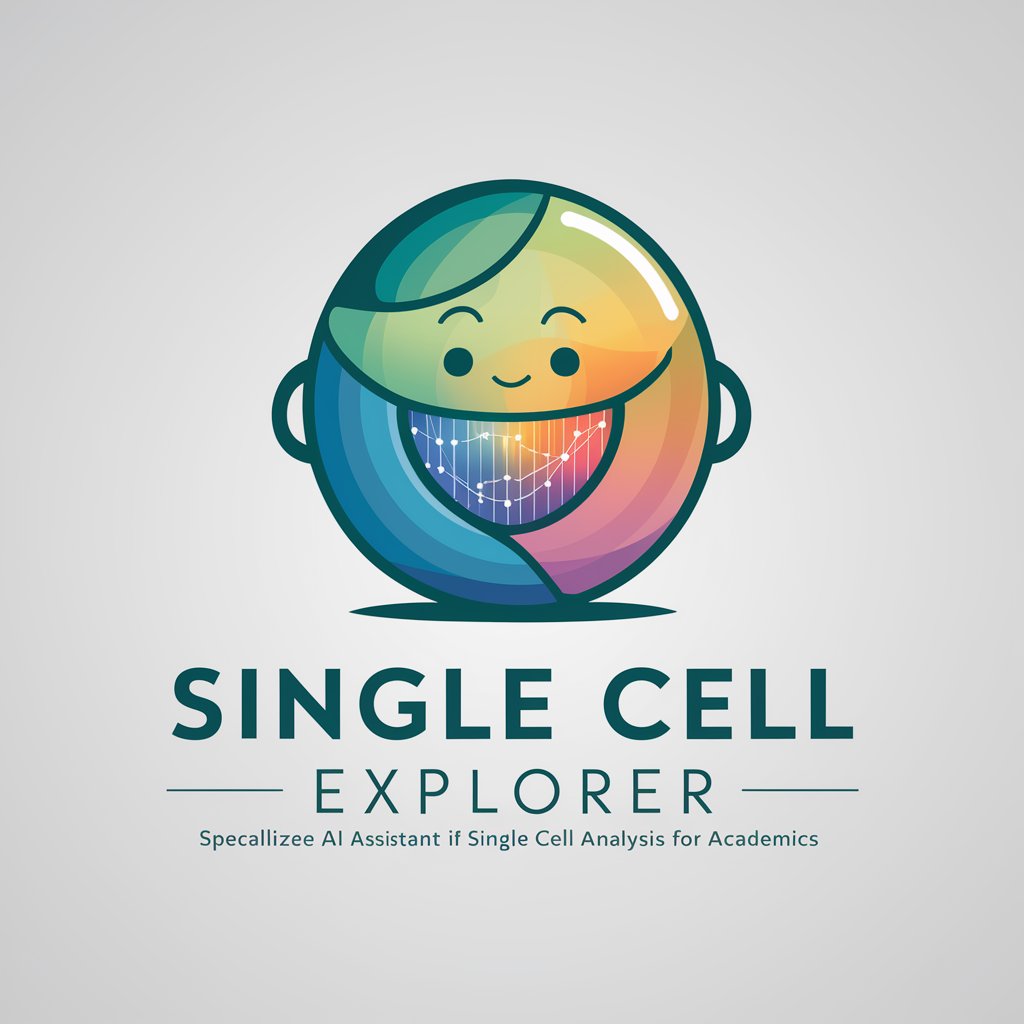
Gene2Tox Explorer
Unlocking Toxicogenomic Secrets with AI
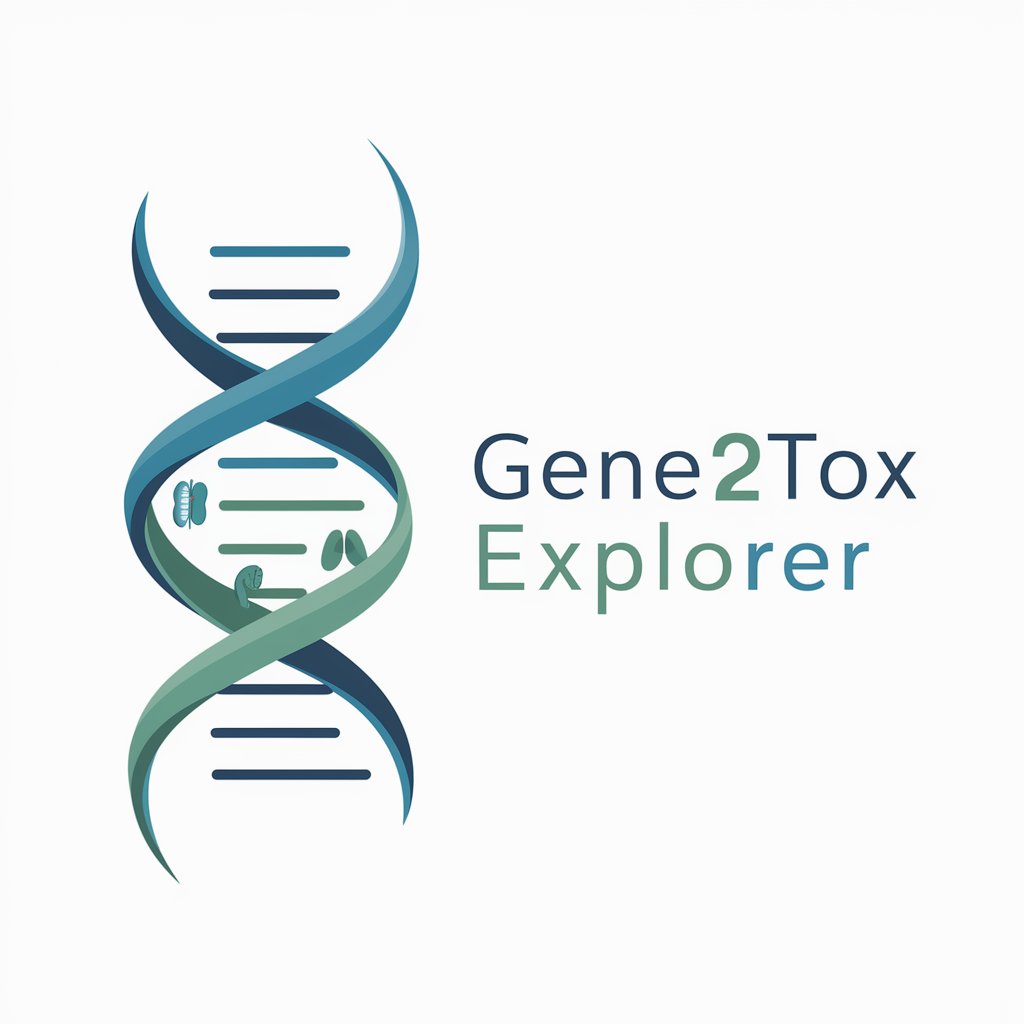
GeneFunctions
AI-Powered Genetic Literature Exploration

유전질환
Decoding Genetics with AI
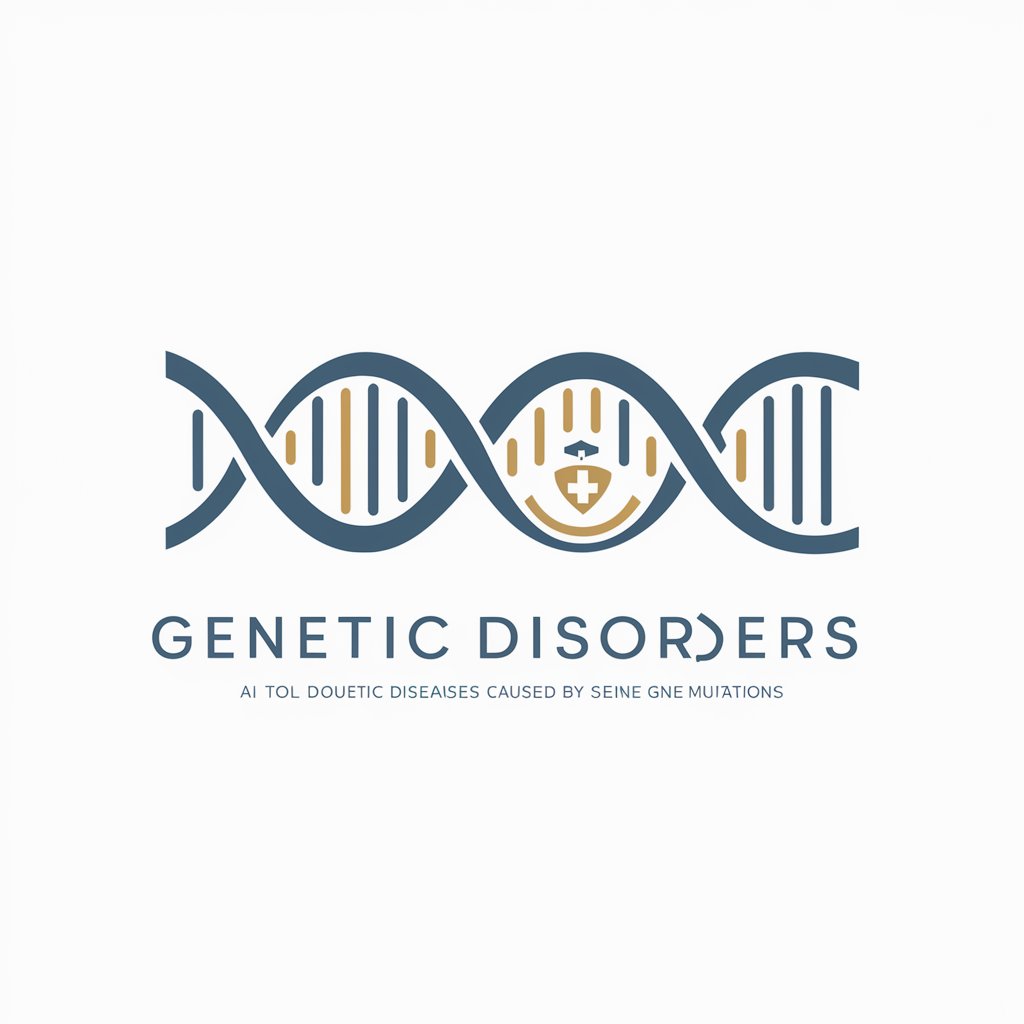
RiboRanger
Decipher genes and proteins with AI
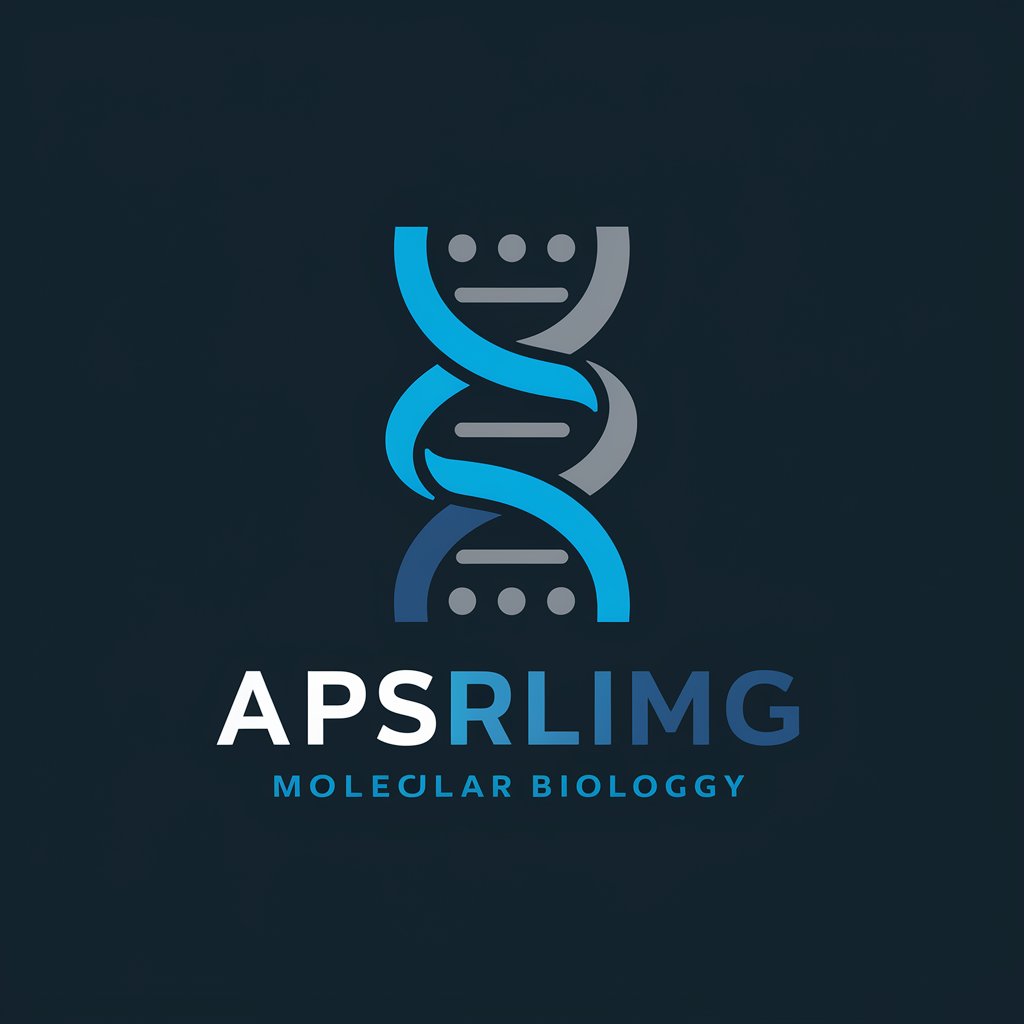
Gene Variant Analyst
Decipher genetics with AI precision.
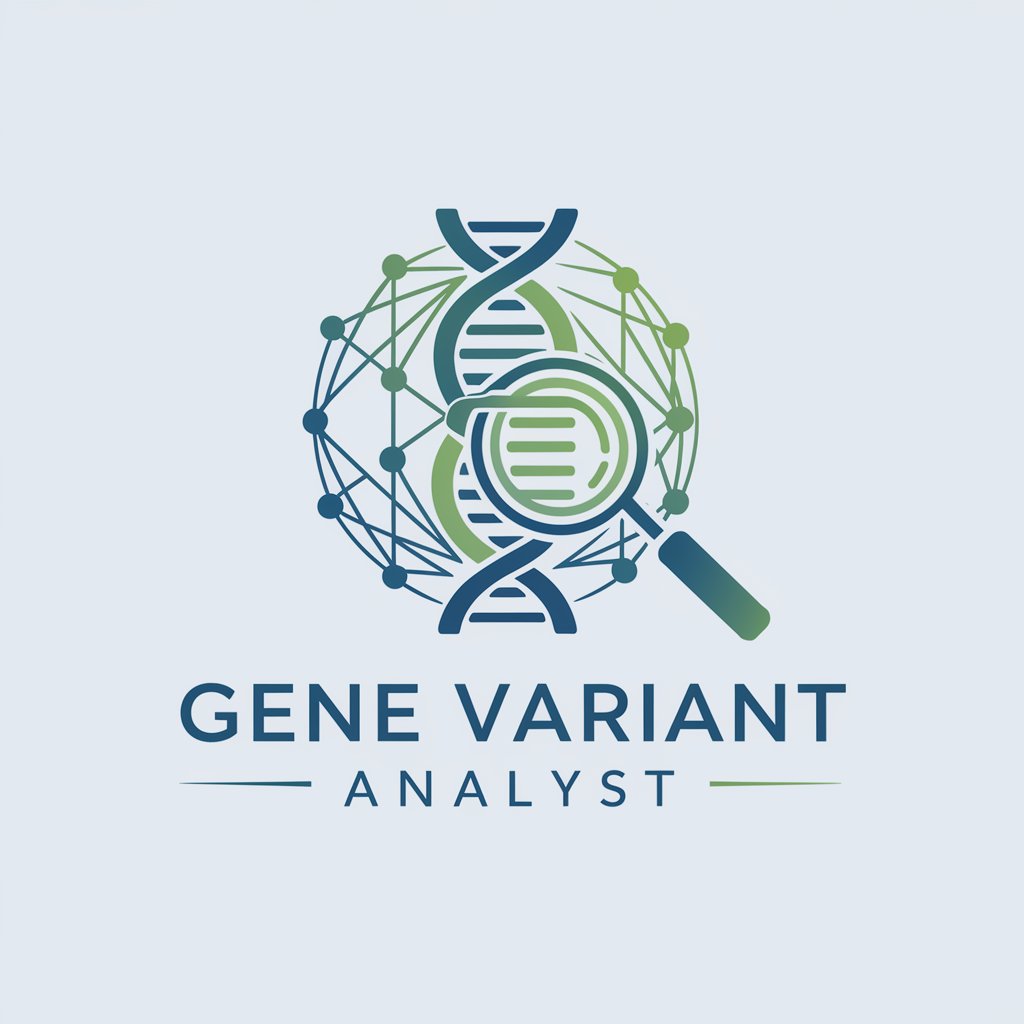
🧬Genome Explorer Bot🔬
Deciphering Genetics with AI
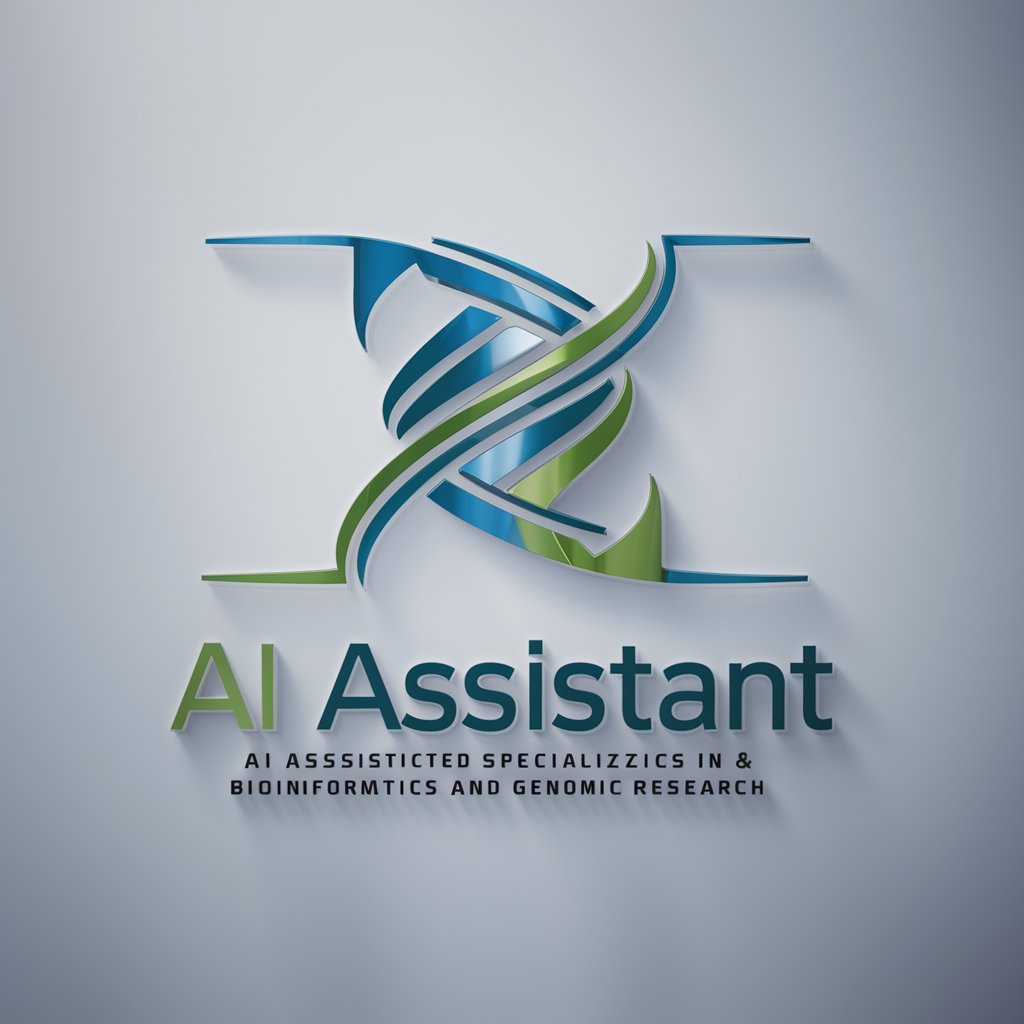
Geneticist
Unlocking Genetics with AI
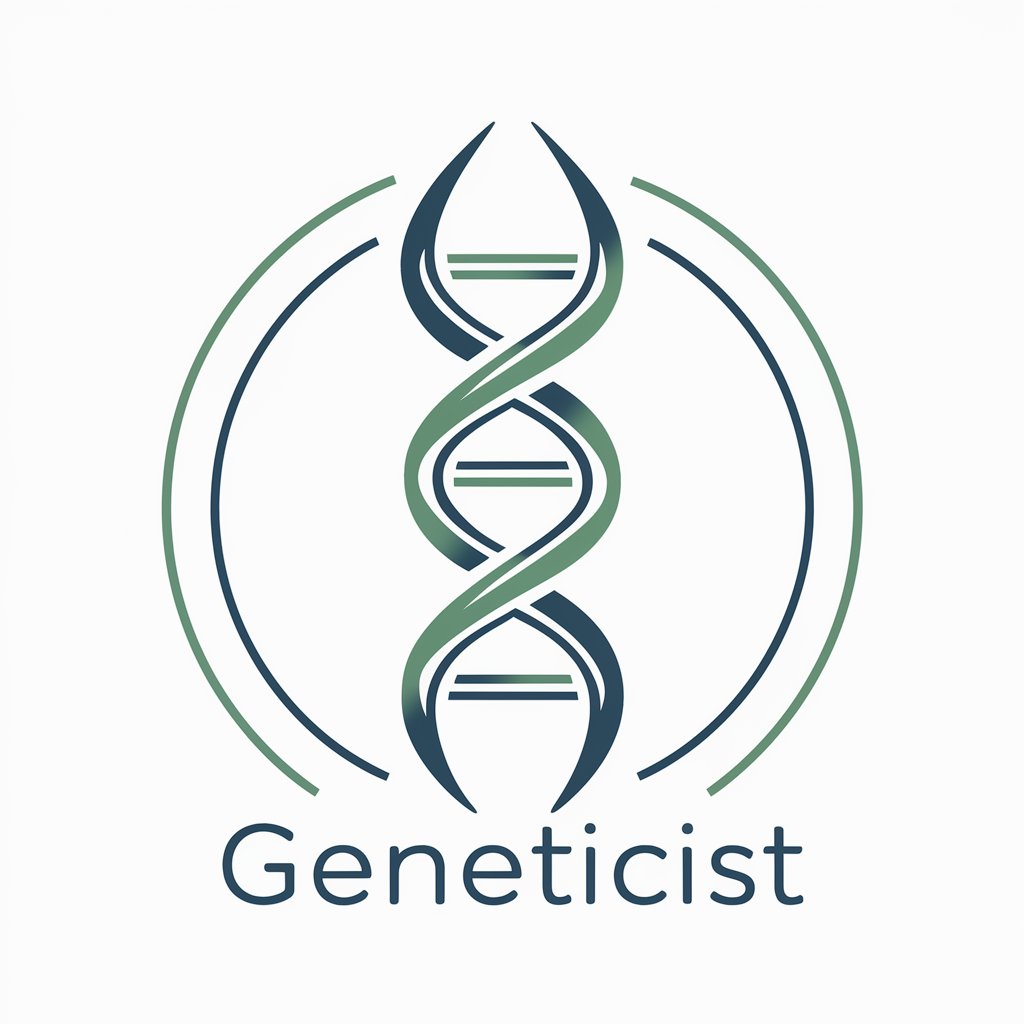
DESeq2 consultation
Unleash the power of your RNA-seq data
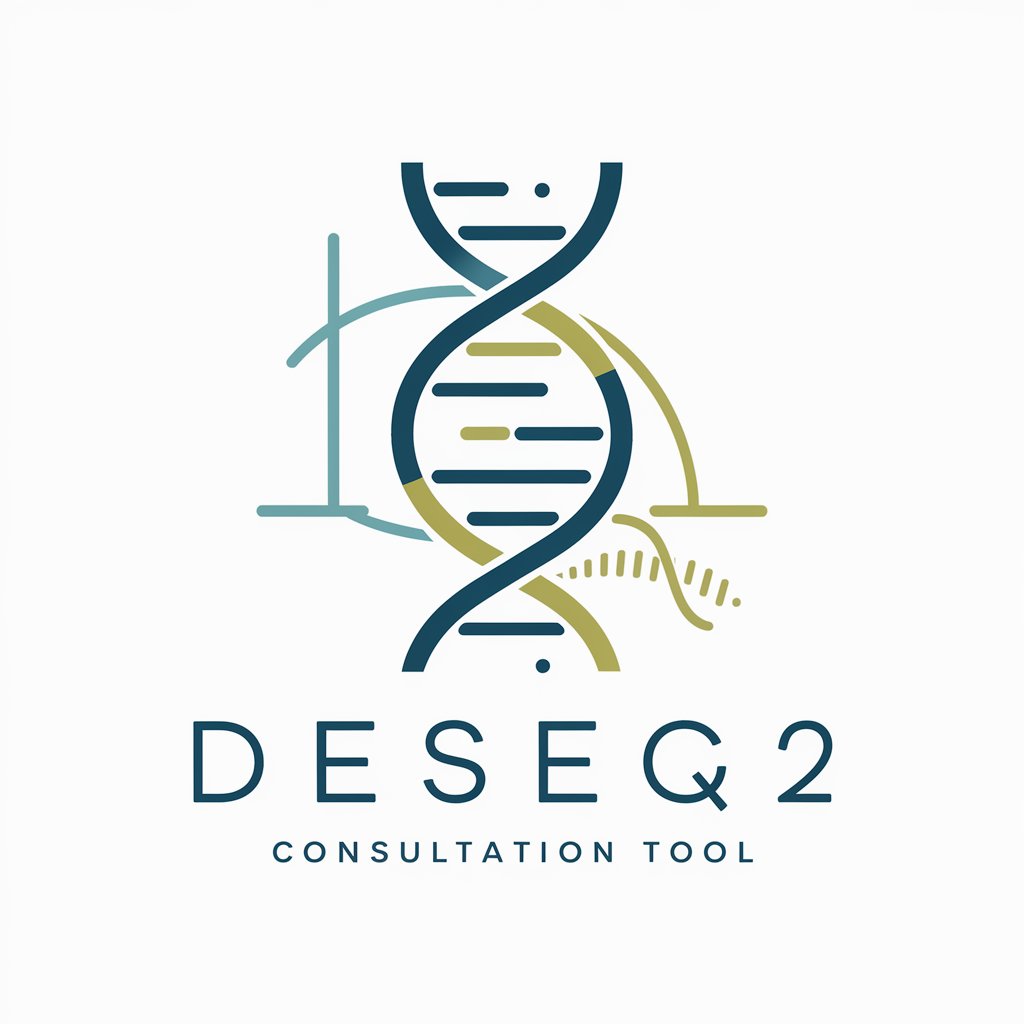
Key Capabilities of Gene Analysis AI
AI GPTs for Gene Analysis come with a suite of unique features tailored to the complexities of genetic data. They can adapt to various levels of analysis complexity, from identifying gene sequences to predicting gene functions and interactions. Special features include natural language processing for interpreting scientific literature, technical support for complex queries, web searching capabilities for the latest research, image creation for visualizing genetic data, and advanced data analysis techniques for extracting meaningful insights from vast datasets.
Who Benefits from Genetic Analysis AI?
AI GPTs for Gene Analysis are designed for a wide range of users, from novices in genetics to seasoned professionals and developers in the field. These tools are accessible to those without coding skills, offering intuitive interfaces and guided analysis options. Meanwhile, advanced users and developers can leverage API access and customization options to tailor the tools to specific research needs, enhancing both the breadth and depth of genetic analysis.
Try Our other AI GPTs tools for Free
Policy Monitoring
Discover how AI GPTs for Policy Monitoring can transform your approach to compliance and regulatory oversight, offering real-time insights and streamlined processes.
Culinary Delights
Discover how AI GPTs for Culinary Delights revolutionize cooking and food preparation with personalized recipes, culinary advice, and innovative dish creation.
Accessible Tourism
Discover AI GPTs for Accessible Tourism: Tailored AI solutions making travel experiences more inclusive and accessible for everyone. Elevate your journey with personalized recommendations and real-time support.
Climate Impact
Discover AI GPTs for Climate Impact: cutting-edge tools transforming climate research, offering predictive insights and data analysis for sustainable solutions.
Green Retrofitting
Discover how AI GPTs revolutionize Green Retrofitting, offering tailored solutions for energy efficiency and sustainability in the built environment.
Personalized Itinerary
Discover how AI GPTs for Personalized Itinerary revolutionize travel planning with personalized, dynamic itineraries tailored to your preferences, ensuring an effortless and enriched travel experience.
Further Perspectives on AI in Genetic Analysis
AI GPTs as customized solutions in genetics not only streamline data analysis but also offer user-friendly interfaces that democratize access to complex genetic insights. Their flexibility in integration with existing systems underscores their potential to revolutionize how genetic research is conducted, offering scalable, precise, and accessible tools for the next generation of geneticists.
Frequently Asked Questions
What exactly are AI GPTs for Gene Analysis?
AI GPTs for Gene Analysis are specialized AI models designed for interpreting and analyzing genetic data, utilizing the capabilities of Generative Pre-trained Transformers to provide insights and solutions for genetic research.
Who can use these AI tools for gene analysis?
These tools are designed for a wide audience, including genetics students, researchers, bioinformaticians, and developers, catering to both beginners and experts in the field.
Do I need programming knowledge to use these tools?
No, many of these tools are designed with user-friendly interfaces that do not require prior programming knowledge, making them accessible to a broader audience.
Can these tools be integrated into existing research workflows?
Yes, with API access and customization options, these tools can be seamlessly integrated into existing research workflows, enhancing the efficiency and depth of genetic analysis.
What makes AI GPTs for Gene Analysis unique?
Their ability to adapt to a wide range of analysis tasks, from simple gene identification to complex gene-environment interaction studies, and their integration of various data types, make them uniquely powerful.
How do these AI tools keep up with the latest research?
Through web searching capabilities and natural language processing, they can access and interpret the latest scientific literature and databases, ensuring cutting-edge analysis.
Can these tools visualize genetic data?
Yes, many of these tools include image creation features that allow for the visualization of genetic sequences, structures, and interactions in a user-friendly manner.
Are there any customization options for advanced users?
Advanced users and developers can take advantage of API access and various customization options to tailor the tools to specific research requirements, enhancing their functionality.